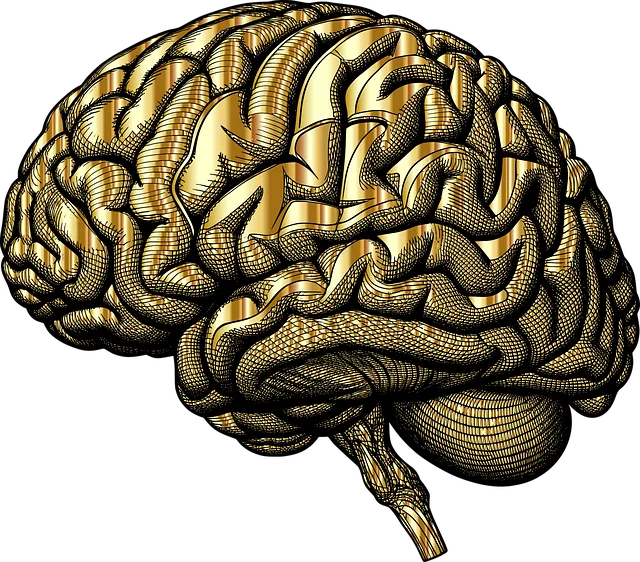Cultural competency is crucial at Kaiser Superior to provide effective mental health care for its diverse patient population. This involves understanding and respecting various cultural backgrounds, leading to tailored support from providers who adapt their methods, communication, and therapy techniques. Training focuses on interactive workshops, case studies, and open discussions to enhance emotional intelligence and cultural sensitivity, ensuring all patients receive culturally-contextualized care. Kaiser Superior prioritizes access to mental health services by fostering an inclusive environment through comprehensive training programs based on Mind Over Matter principles, leading to improved treatment outcomes for all communities.
Cultural competency in healthcare is essential, especially for providing effective mental health services. This article explores why and how training programs, like those offered by Kaiser Superior, are transforming patient care. We delve into the significance of understanding cultural nuances to address mental health disparities. By examining strategies for engaging healthcare professionals, we uncover methods to improve access to quality mental health services through enhanced cultural sensitivity. Discover how these initiatives ensure inclusive care tailored to diverse patient needs.
- Understanding Cultural Competency in Healthcare: Why It Matters for Mental Health Services
- Strategies for Effective Training: Engaging Professionals to Improve Patient Care
- Kaiser Superior's Approach: Enhancing Mental Health Service Access through Cultural Sensitivity
Understanding Cultural Competency in Healthcare: Why It Matters for Mental Health Services

Cultural competency is a vital aspect of providing effective mental health services, especially within diverse communities like those served by Kaiser Superior. Understanding and respecting cultural differences can significantly enhance patient care and outcomes. In healthcare, it involves recognizing and appreciating various ethnic, racial, religious, and socio-cultural backgrounds, and how these influences shape individuals’ experiences, beliefs, and interactions with the healthcare system.
For mental health services specifically, cultural competency ensures that providers can offer tailored support to patients from different walks of life. This includes adapting treatment approaches, communication styles, and therapy techniques to meet the unique needs of each individual. For example, some cultures may prioritize collective family involvement in decision-making, while others value individual autonomy. By incorporating self-awareness exercises and positive thinking principles, mental health professionals can improve their cultural sensitivity. Mind over matter techniques can help providers recognize unconscious biases and promote a more inclusive environment, ensuring every patient receives the best possible care tailored to their specific needs and cultural context.
Strategies for Effective Training: Engaging Professionals to Improve Patient Care

Effective cultural competency training for healthcare providers involves strategies that engage professionals and enhance patient care, especially in diverse communities. One key approach is to incorporate interactive workshops and simulations that allow practitioners to practice navigating complex cultural scenarios. These exercises can help build emotional intelligence and emotional regulation skills, crucial aspects of cultural sensitivity in mental healthcare practice.
Additionally, incorporating real-life case studies from various ethnic, racial, and socioeconomic backgrounds can make training more relatable and impactful. Encouraging open discussions and peer feedback sessions enables professionals to learn from one another’s experiences, fostering a deeper understanding of different cultural perspectives. By combining these methods, healthcare providers can develop the skills needed to deliver superior mental health services through Kaiser, ensuring more culturally competent care for all patients.
Kaiser Superior's Approach: Enhancing Mental Health Service Access through Cultural Sensitivity

Kaiser Superior takes a superior approach to enhancing mental health service access by prioritizing cultural sensitivity. They recognize that providing quality care requires understanding and respecting diverse backgrounds, beliefs, and values. Through comprehensive training programs, Kaiser Superior equips its healthcare providers with essential tools to build empathy and deliver tailored support.
This strategy involves teaching effective communication techniques, stress reduction methods based on Mind Over Matter principles, and empathy-building strategies. By fostering an environment of cultural competency, patients from various communities feel more at ease seeking mental health services. Consequently, this approach improves treatment outcomes and promotes overall well-being within a diverse patient population.
Cultural competency training is a powerful tool for improving healthcare, especially in mental health services. By implementing effective strategies, such as those outlined in Kaiser Superior’s approach, professionals can better understand and address the unique needs of diverse patient populations. This not only enhances access to mental health care but also fosters more compassionate and culturally sensitive practices. To get mental health services through Kaiser Superior or any healthcare provider, ensuring cultural competency is key to creating inclusive and effective treatment plans that resonate with every individual.






